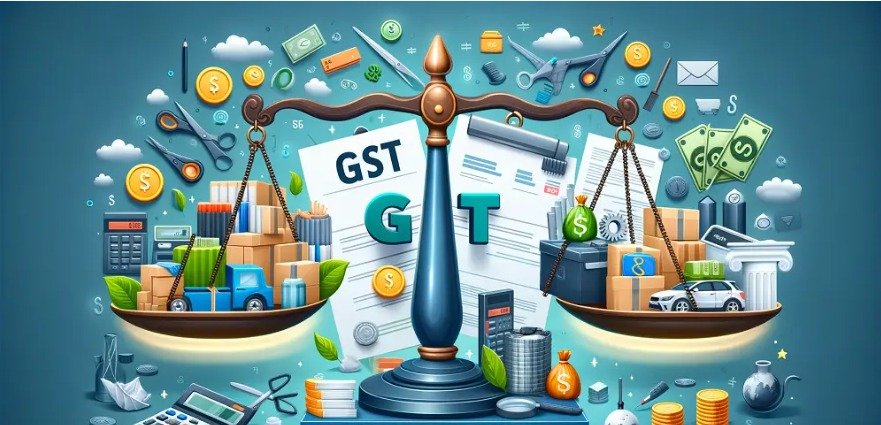Who Needs GST Registration in 2025? A Simple Guide for Indian Businesses, Freelancers & Sellers
April 13, 2025 | by Ajay Kumar, Advocate

Goods and Services Tax (GST) is one of the biggest tax reforms in India, impacting almost every type of business. Whether you’re a shop owner, freelancer, start-ups founder, or online seller, it’s important to understand when GST registration becomes mandatory.
What is GST?
GST (Goods and Services Tax) is a single tax system that has replaced older indirect taxes like VAT, service tax, and excise duty. It applies to the supply of goods and services across India. GST is collected at each stage of sale, but the final burden is on the consumer.
As a business owner, you collect GST from your customers and pay it to the government.
Who Needs to Register for GST?
You must register for GST in the following cases:
1. Your turnover crosses the limit
If your annual turnover exceeds ₹40 lakhs (for goods) or ₹20 lakhs (for services), GST registration is mandatory.
In special category states (like North Eastern states, Himachal Pradesh, and Uttarakhand), the limit is ₹20 lakhs for goods and ₹10 lakhs for services.
2. You sell goods or services outside your state
If you supply across state borders — for example, a seller in Delhi delivering to Mumbai — you must register for GST, even if your income is below the threshold.
3. You sell online through e-commerce platforms
If you sell on platforms like Amazon, Flipkart, Meesho, or your own website, GST registration is compulsory, regardless of your income.
4. You are a freelancer or consultant
Freelancers, consultants, coaches, and online professionals earning more than ₹20 lakhs per year (₹10 lakhs in special states) must register for GST.
5. Your clients demand GST invoices
Some companies only work with GST-registered vendors because they want to claim input tax credit (ITC). If your clients ask for a GST invoice, registering voluntarily is a smart choice.
Who Is Exempt from GST?
You do not need to register for GST if:
- Your income is below the threshold limit
- You operate within your own state only
- You do not sell online
- You do not work with clients who need GST bills
Still, many small businesses choose to register voluntarily for benefits like input tax credit, professional image, and future expansion.
What is the Composition Scheme?
The Composition Scheme is for small businesses with a turnover under ₹1.5 crore (₹75 lakhs in some states). It lets you:
- Pay GST at a lower, fixed rate
- File fewer returns
- Avoid detailed monthly compliance
But you cannot issue GST invoices or claim input tax credit under this scheme. The Composition Scheme is for small businesses with a turnover under ₹1.5 crore (₹75 lakhs in some states). It lets you:
- Pay GST at a lower, fixed rate
- File fewer returns
- Avoid detailed monthly compliance
But you cannot issue GST invoices or claim input tax credit under this scheme.
Benefits of GST Registration
Gives your business a legal identity
Helps you get more clients and business partnerships
Allows you to sell on online platforms
Lets you claim input tax credit (reduce tax burden)
Helps you expand across India legally and smoothly
What If You Don’t Register?
If you don’t register when required:
- You may face a penalty of 10% of the tax amount due or ₹10,000, whichever is higher
- In case of fraud or deliberate evasion, penalty can be 100% of the tax due
It’s better to stay compliant and avoid legal trouble.
Final Thoughts
If you’re a business owner, freelancer, or seller in India, knowing whether GST applies to you is essential in 2025. The rules are clear, and compliance is easier than ever with the right guidance.
Need Help with GST?
At Intaxing, we make GST simple for you.
We help with:
- Easy GST registration
- Monthly GST return filing
- Compliance and expert advice
📞 Call us now at 95551-89826
Let us handle your GST, so you can focus on growing your business.